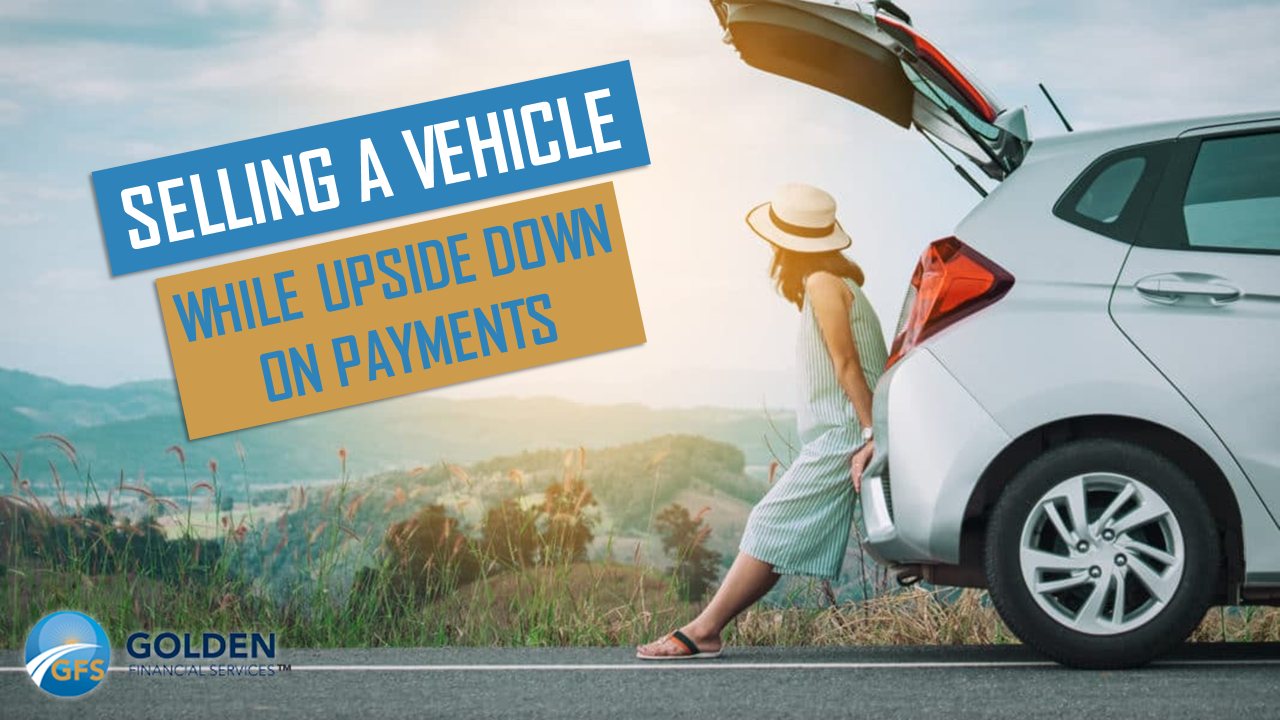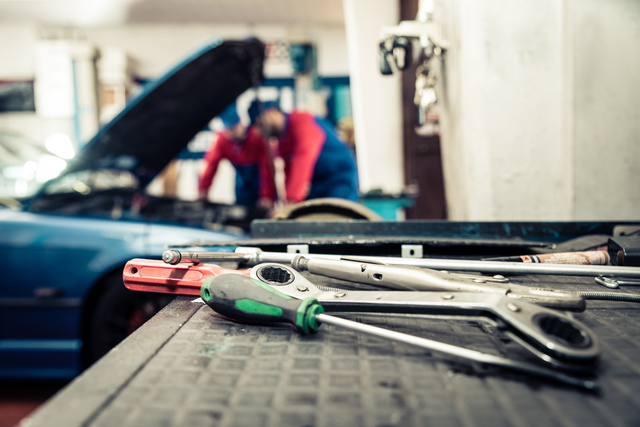- Selling Car How To Know Money Is Real Worth
- Selling Car How To Know Money Is Really
- Selling Car How To Know Money Is Real Id
- Selling Car How To Know Money Is Real Gold
- Selling Car How To Know Money Is Real Estate
- Selling Car How To Know Money Is Real Property
A legitimate seller posts a car for sale. He or she is then contacted by a prospective “buyer” (really a scammer) who offers to send a cashier’s check immediately plus additional funds to cover shipment of the car overseas. When the check arrives, the seller is instructed to deposit it and wire the overage to the “shipper.”.
Scams aren't just something for buyers to be aware of— sellers can be common targets, too.
Before you place an ad to sell a used car, you'll need to be aware of common scams and learn how to avoid them. Use this guide to make your transaction as safe and painless as possible.
Common Scams for Vehicle Sales
Though not every transaction is a potential scam, you will need to use caution when dealing with an unknown buyer.
Common scams you should be aware of when selling your car include:
- Offers to buy sight-unseen.
- A buyer offering to buy your car without looking at it first should be considered a warning sign.
- Often, this is part of a larger scam. The buyer will send a bad check or promise to wire money and have a different person pick up the vehicle.
- Paying with checks or money orders.
- While it isn't always the case, a common scam is to pay the seller with a check or money order that's fake. If you sign the title over before the money clears, the car isn't yours anymore, and you're left having basically given the car away for free.
- Overpayment.
- In this case, a buyer will tell you that someone else owes him or her money that is more than the cost of your car. He or she will ask for the car and promise payment from the other individual.
- Another overpayment scam involves the promise to wire additional funds or send a larger check to pay for the cost to ship. The buyer will send a fraudulent check and ask you to deposit it. If you ship the vehicle before it clears, you're in for a headache—locating and retrieving a vehicle that has already been shipped is both costly and time consuming, especially if it's out of the country.
- Payment plans.
- A promise to make monthly payments is usually not a good way to go. Since you aren't a finance company and have no way to collect if a buyer misses or stops payments, it's best to avoid these offers.
- Escrow services.
- In this situation, the buyer will use an unknown escrow service to complete the transaction. It will seem secure, but once you've given them the signed title, the money will no longer be available.
- An escrow service is a third party that is used in high-value purchases to maintain accountability during the transaction. An illegitimate escrow can be used as a scam tactic.
- In this situation, the buyer will use an unknown escrow service to complete the transaction. It will seem secure, but once you've given them the signed title, the money will no longer be available.
- Asking for personal information.
- Some buyers may promise to wire money to obtain personal information, such as:
- Social Security numbers.
- Bank account information.
- Credit card numbers.
- This may be an attempt at identity theft.
- Some buyers may promise to wire money to obtain personal information, such as:
Safe Tips for Vehicle Sellers
In order to avoid these common scams, use these tips:
- Verify checks before you transfer the title.
- To be safe, verify checks with the issuing bank instead of waiting for the check to clear with your bank. If possible, complete the transaction at the buyer's bank to be sure the funds are available.
- Don't ship cars overseas until all payments clear.
- Be wary of unknown escrow services.
- A third-party escrow can be a good way to make a safe, secure transaction—just remember that you'll want to use areputable lawyer or bank.
- Don't agree to use an escrow as part of the transaction until you've researched the escrow service first.
- If you aren't sure, the Better Business Bureau can help.
- A third-party escrow can be a good way to make a safe, secure transaction—just remember that you'll want to use areputable lawyer or bank.
- Document everything.
- Make sure you keep a copy of anything that's signed.
- Document the entire process and keep records of phone numbers, names, and other information.
- This will help if an investigation is required down the road.
- Screen callers.
- This will help you to only accept test drives from potential buyers that are legitimate.
- If you think it's a scam, it's best to end the conversation sooner rather than later.
- Ask for a driver's license.
- If you do let someone test drive the car, ask for their driver's license first. This will let you know exactly who you're dealing with.
- Meet in a public place.
- For safety, it may be a good idea to not conduct the transaction at your residence.
- Don't sign over the title without the cash in hand.
- Most scams occur from fraudulent checks, money orders, or money wiring.
- Never give a buyer the vehicle or the title until payment has cleared.
- Don't accept monthly payments.
- You'll have no way to collect if a buyer fails to make scheduled payments or stops them all together.
- Complete transfer forms.
- In addition to signing over the title, it is also recommended that you complete a:
- Bill of Sale.
- Release of Liability (often provided or even required by your state).
- This will protect you from future tickets, violations, or other problems incurred by the new owner.
- In addition to signing over the title, it is also recommended that you complete a:
- Block out personal information.
- If you give a buyer service records, you'll want to block personal information such as:
- Credit card numbers.
- Phone numbers.
- Social Security numbers.
- Other information that could lead to identity theft.
- If you give a buyer service records, you'll want to block personal information such as:
- Use your best judgment.
- In most cases, if you think it's a scam, it probably is.
- Instead of jumping at the first offer, it's best to be patient and wait for the right buyer to come along.
Where to Report Fraud
If you believe you've been the victim of fraud, you can report the incident to any or all of the following:
- Local law enforcement.
- The Internet Crime Complaint Center.
- Partnership between the Federal Bureau of Investigation (FBI), the National White Collar Crime Center, and the Bureau of Justice.
- The National Consumers League.
It's nice to have an idea of what a dealer will pay for your car without having to go through the negotiation process first. This will allow you determine if it's even worth selling to a dealer in the first place.
Here's a little trick you can use: Visit a car classifieds site such as Cars.com or AutoTrader and search for the closest match to your car within your area.
Make sure the listings are from dealers and pay attention to the list price. This price typically has a 20% profit built into it (although some high-volume dealers may limit this to as low as 10%). If the dealer is listing the car for $10,000, there is usually $2,000 of wiggle room. This doesn't mean the dealer paid $8,000 for the car, however.
After a dealer buys your car, they will incur some costs to fix any damage, repair any mechanical problems and replace worn tires or other accessories. A dealer will usually spend between $250 and $500 preparing the vehicle for sale.
Selling Car How To Know Money Is Real Worth
So all you need to do to get an idea of what a dealer will pay for your car is to check the listing prices of similar cars, take 80% of that price and subtract $250 to $500 to get your 'rough estimate'.
If the car for sale is 'factory certified', subtract another $1,000 from the price - this is because dealers invest extra money to get the cars certified.
Let's go through an example. Assume similar 'factory certified' cars in your area are listed for $10,000. Take 80% of that - $8,000 - then subtract $1,000 for the certification, then another $250 to $500 for dealer preparation fees and you get: $6,500 to $6,750. That's the ballpark figure you'll get if you were to sell your car to a dealership.
Remember, this is only a ball-park figure. To get the true value, you'll need to shop your car around to multiple dealers.
My Recommendation for Car Shoppers
TrueCar No-Haggle, CarsDirect , and NADAGuides are the quickest way to see the lowest car prices in your area. These sites show you no-haggle prices from dealers closest to you - and the deals are usually really good. This should be the first step you take when negotiating your car price. Follow this up with my checklist to make sure you squeeze out every last bit of savings.
, and NADAGuides are the quickest way to see the lowest car prices in your area. These sites show you no-haggle prices from dealers closest to you - and the deals are usually really good. This should be the first step you take when negotiating your car price. Follow this up with my checklist to make sure you squeeze out every last bit of savings. 
 - Gregg Fidan
- Gregg Fidan Each week, I'll keep you up-to-date on the latest car deals and news that might affect your purchase. This includes...
- Best Rebates, Incentives, and Lease Deals
- Latest Car Buying Scams and Tricks
- The Best & Worst Time to Buy a Car
- Which Cars You Should Avoid